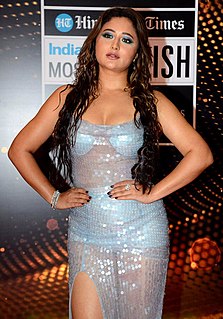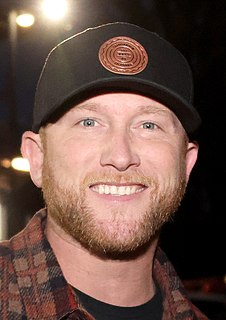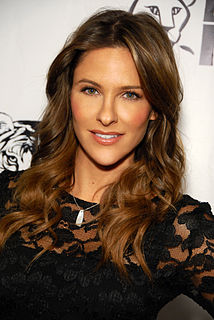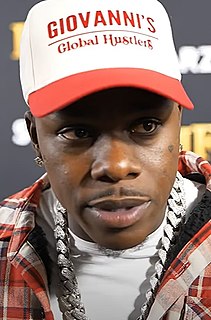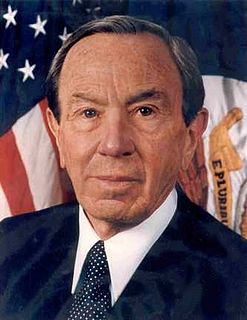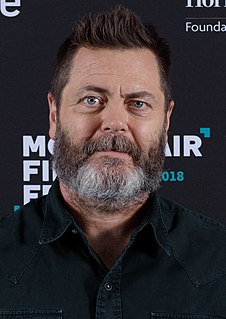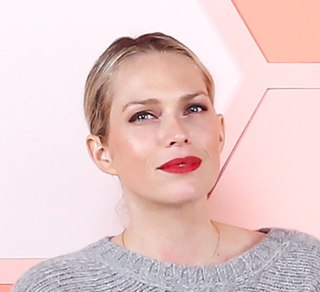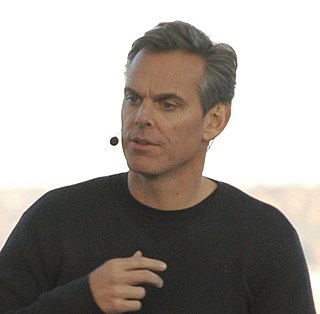A Quote by John Updike
Being a divorcee in a small town is a little like playing Monopoly; eventually you land on all the properties.
Quote Topics
Related Quotes
I first read Wendell Berry's short-story collections, "Fidelity" and then "Watch with Me." They just knocked my socks off. The characters and the fellowship of the small town reminded me of my own small town in Illinois.Then I discovered that, much like J.R.R. Tolkien and C.S. Lewis, that all of Berry's fiction was centered in this same town.
I love entertaining people, I love playing music, and I love rocking like an animal. But at a certain point, you're playing gig after gig after gig, in town after town after town, and you're lying down, staring at another hotel-room ceiling, and it's like, 'I want to be home. I'm a dad. I've got kids.'
There is already something like a Jewish monopoly in high finance... here is the same element of Jewish monopoly in the silver trade, and in the control of various other metals, notably lead, nickel, quicksilver. What is most disquieting of all, this tendency to monopoly is spreading like a disease.


